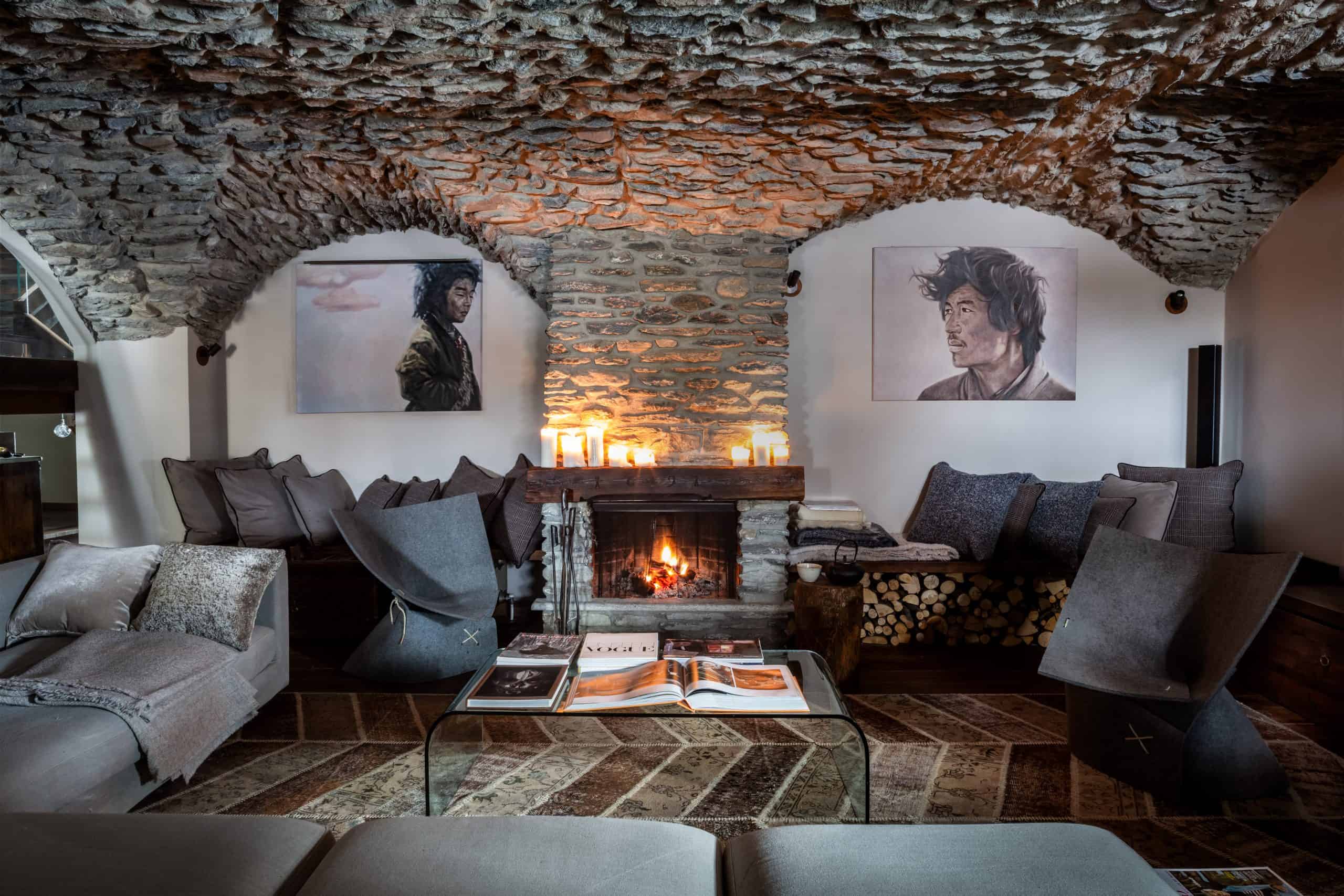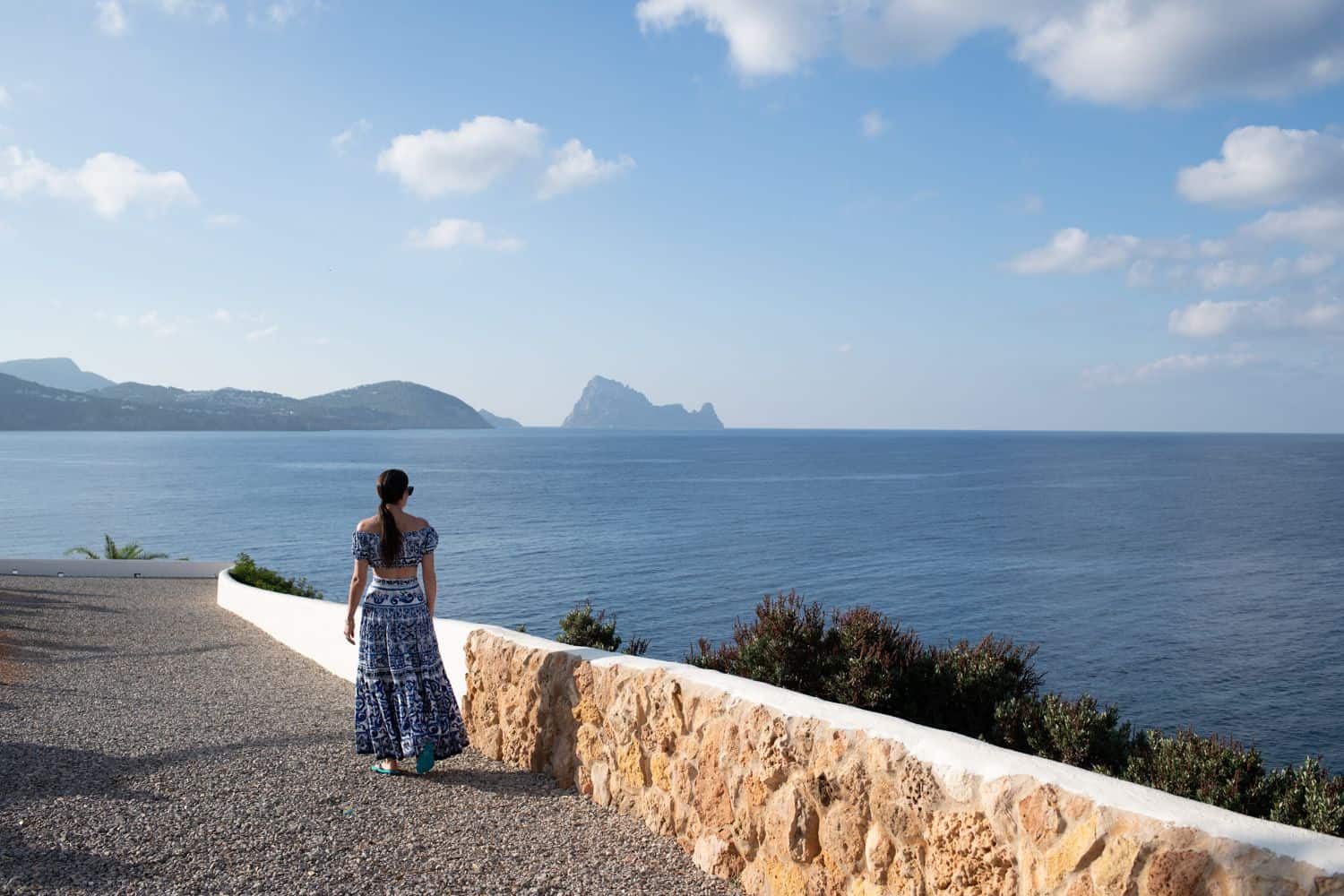The Global Wellness Institute last year revealed that the global wellness industry was now worth US$4.2 trillion and rising, and now the Global Wellness Summit (GWS) just released its 2019 Wellness Trends report with the eight top trends to watch out for in wellness this year. “Each of the eight trends speaks to topics that push the health and wellness envelope in unprecedented ways,” says the report. Written by Beth McGroarty, Jennifer Walsh, Susie Ellis, Cassandra Cavanah, Laura Powell, and CatchOn General Manager Jenny Lo, covers eight major areas from over-tourism to how to die well: read on for their top trend predictions.

1. Well Fashion
This is more than just athleisure. “A new era of sustainable, ethical, intelligent, healing, more inclusive and meaningful clothing is on the rise,” the report says. This covers a new focus on ending the wasteful fast-fashion cycle with more second-hand clothing platforms; more eco-standards and design support for designers; digitally on-demand clothing instead of overproduction which caters to everyone’s shape and size; more ethical treatment of textile workers; ‘trashion’, the transformation of waste like single-use plastics into textiles; and smart materials that actually improve wellness—think self-regulating materials that adapt to temperature, protect from UV, moisturise the skin, and even kill bacteria. Luxury is going to be redefined over the next year and beyond, as excess and waste become taboo and sustainability and eco-consciousness become a bigger fashion statement.
See also: LUXARITY On How Blockchain Is Enabling Conscious Living For All

2. Wellness Takes on Overtourism
As the world grows more affluent, more people are able to travel—but this is creating unprecedented pressure on a number of hugely popular destinations. “Worldwide, more than 1.3 billion people travel internationally annually, up from 500 million trips in 1995,” the report explains. “According to Euromonitor International, 46% of all travellers go to just 100 destinations.” The situation is currently worst in Europe, where the popularity of destinations like Paris, Barcelona, Dubrovnik and Venice, but the problem has a global impact, especially in places in Asia where popularity has surged significantly in recent years. Wellness travel will seek to draw tourists away from these tourist hotspots to under-visited regions, as well as creating more urban respites, like Aman’s Tokyo escape, Six Senses Singapore’s first city location, and the upcoming Fivelements Sacred Arts Habitat in the centre of Hong Kong. Wellness tourism could “be a solution to over-tourism, by diversifying an established destination’s tourism product,” says Dr JeanClaude Baumgarten, the former president and CEO of the World Travel & Tourism Council.
See also: The Top Luxury Wellness Retreats For A Total Digital Detox
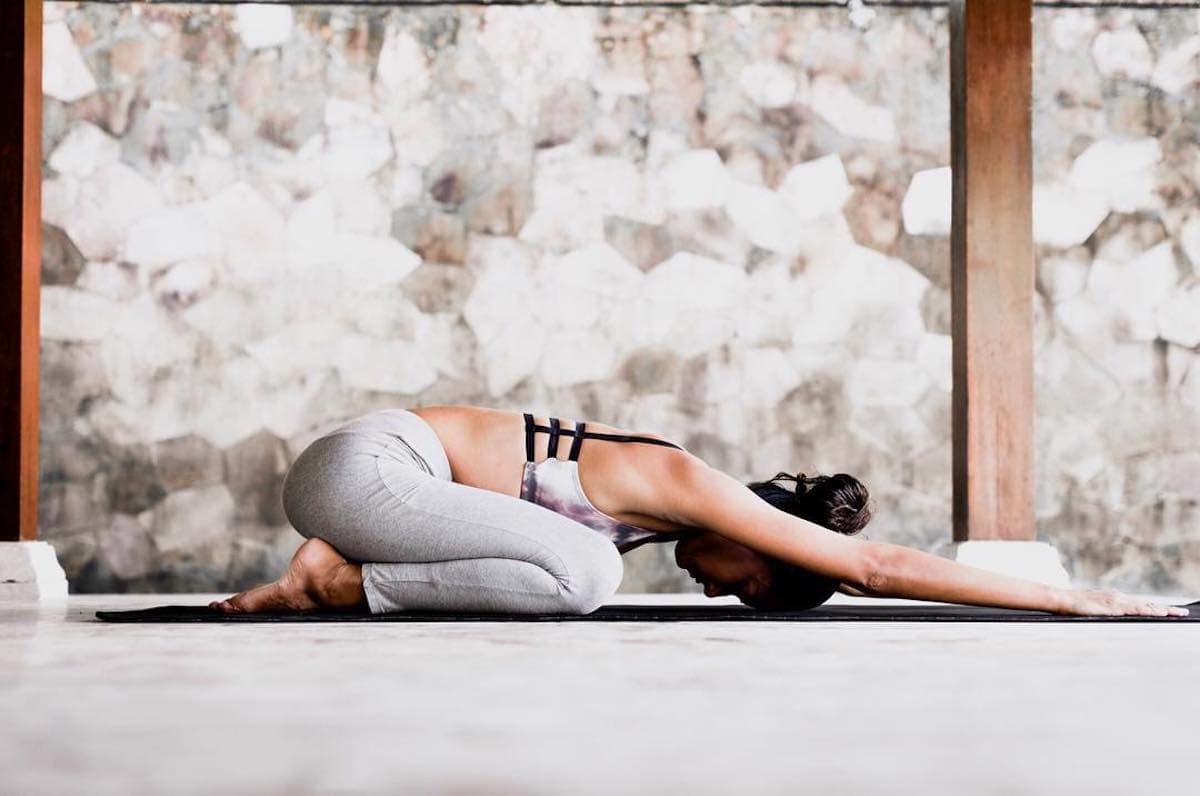
3. Meditation Goes Plural
We predicted that meditation was going to go mainstream this year, but it’s not just about going mass but getting specific. Just like yoga, there are many types of meditation and people are going to get wise as to exactly which practice is for them, or the unique effects of one versus another. “The terms meditation and mindfulness get used generically and interchangeably, when there are general agreement and scientific research to support that there are really three core types that involve different practices, which translates into different impacts on the brain, and different benefits (outcomes): 1) focused attention 2) open monitoring (which includes mindfulness meditation) and 3) self-transcending meditation,” explains the report. The report points to rising rates of stress and depression—around 1.1 billion people around the world now have at least one mental or substance abuse disorder—as a trigger for the trend. The key areas to watch are Sophrology (dynamic meditation), Kundalini yoga, and mindfulness fitness surges, more mindful spa experiences, ‘shaking mediation’ or TRE, and more meditation apps.
See also: 7 Luxury Meditation Retreats In Asia To Help You Destress & Refocus
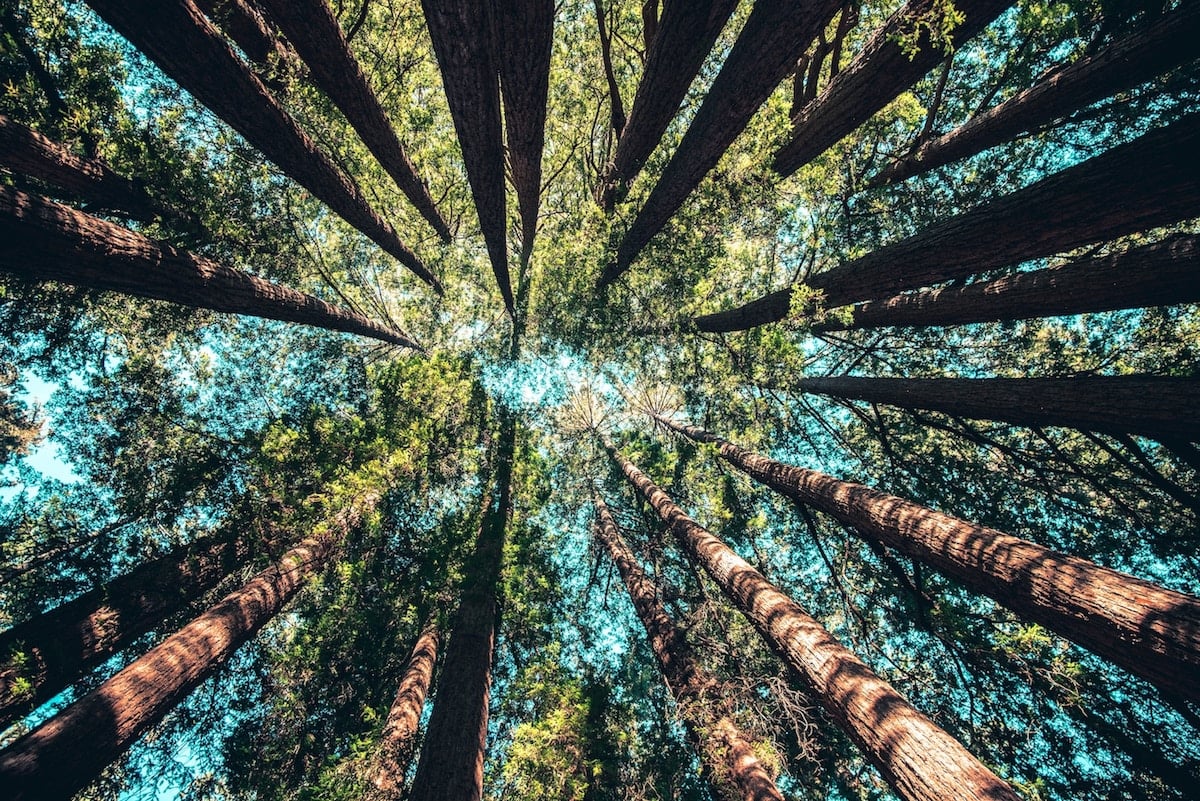
4. Prescribing Nature
We’ve lost touch with nature. More than 50% of the world now lives in an urban area, and by 2050 that will rise to 68%—compare that to just 30% in the 1950s. Studies have shown we need nature for positive mental and physical health, and the medical profession has begun to incorporate this into their treatment plans for certain patients. “There is enough science about the health benefits of nature to get the attention of the medical profession,” says the report. Dan Buettner, the author of ‘The Blue Zones,’ explains that the people who live the longest have ‘movement engineered into their daily lives,’ which means walking, doing housework and moving approximately every 20 minutes doing everyday things rather than visiting the gym once a day for one set period of movement. ‘Forest bathing’ was cited as a trend as early as 2015, and this will continue to grow, with more emphasis on green spaces, outdoor activities at hotels, and green exercise.
See also: The Ultimate 2019 Wellness Travel Bucket List

5. MediScent: Fragrance Gets a Wellness Makeover
Our sense of smell is apparently our most underrated and undervalued of the five senses—but research suggests that 75% of our emotions are generated from our sense of smell, and memories linked to smell are 100 times stronger. In 2019, the Global Wellness Summit predicts aromatherapy becoming more medical, with the essential oils market set to reach US$13 billion by 2024 as people seek out more natural solutions. The trend will see development in areas like mental wellness treatments, particularly Alzheimers and dementia, as well as unlocking the potential for more palatable low-calorie food and drink options as 80% of what we taste is our sense of smell. Brands are going to begin using scent for their branding, to create a sense of place, and ‘functional fragrances’ that help stimulate or concentrate our attention are tipped to be the next big thing.
See also: Holistic Health: Coco Chan On Aromatherapy Oils
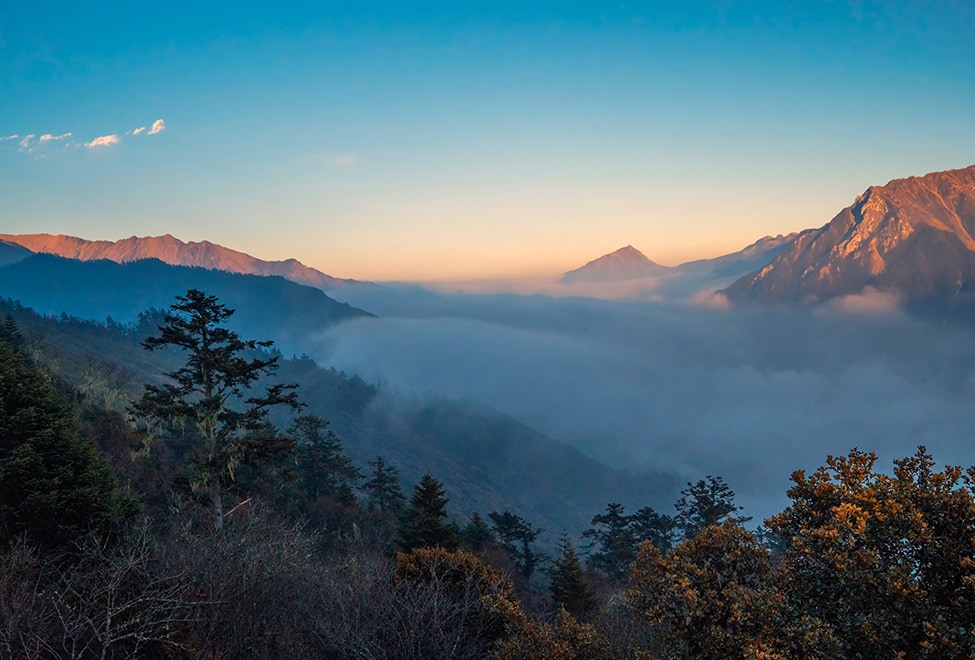
6. China: Uncovering the Wealth in Wellness
“Suddenly an economic, political and tech powerhouse, China will be a force that transforms the wellness market,” says the report. Figures show China’s rising interest in fitness, and indicate that they’re putting their money into it thanks to the speedy growth of China’s middle class. The government’s ‘Health China 2030’ initiative, which seeks to mitigate the effects of pollution, aging, obesity and increased cancer rates, is a driving force in this interest, and wellness is at the forefront of it. Trends indicate that of China’s 145 million outbound tourists in 2017, over 70% are interested in wellness-related activities, and the number is set to increase to 400 million by 2030. When it comes to visitors to China, it’s expected that China will outrank France by 2030, and with luxury wellness pioneers like Alila, Aman, Banyan Tree and Six Senses setting up shop in China, the luxury wellness market is well established.
See also: The Best Luxury Wellness Resorts In China
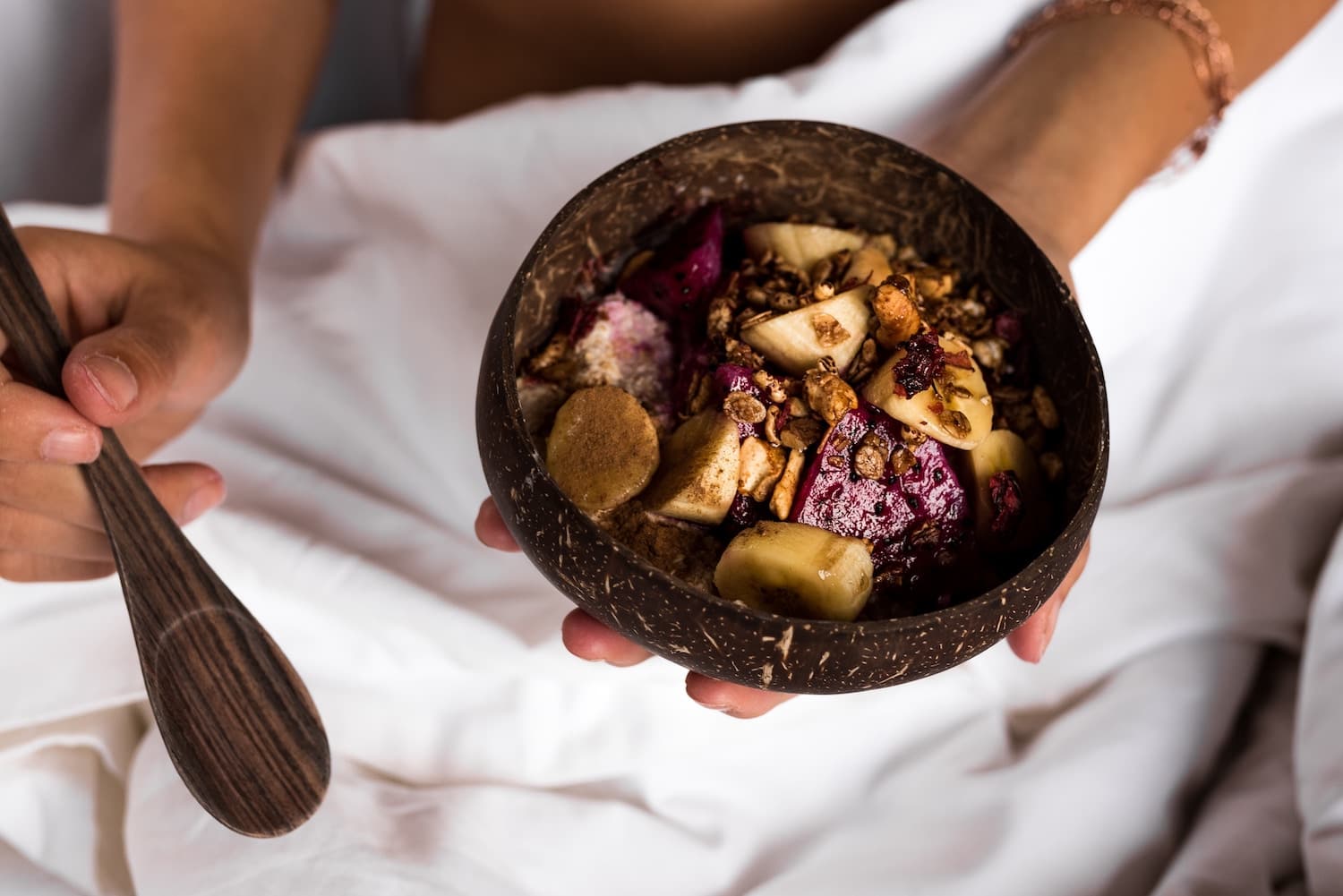
7. Nutrition Gets Personal
We’ve long been confused about what to eat, and which diet—high-fat, low-carb, vegan, protein-heavy—is best. It’s finally catching on that there isn’t one ‘best’ diet, and the idea of the personalised diet is going to be big for 2019. DNA profiles of our body types will help give everyone a clear indication of what suits them best, removing the one-size-fits-all mentality for good. “Weight loss is not the central goal, health and wellness are,” says the report: “But, as Habit’s Grimmer says: ‘When people eat in harmony to their body, a natural result is weight loss.’ The same study showed a positive increase in the consumption of nutritious foods and a reduction in those things many of us can do without: sugar, trans fats and salt.” The report foresees a reevaluation of nutritional values, as well as a boom for technology and apps to aid this trend in our daily lives.
See also: 7 Healthy Holiday Eating Hacks From Registered Dietician Sally Poon

8. Dying Well
“It’s called the “death positive” movement,” explains the report. “Everything around dying is getting radically rethought—from making the experience more humane to mourning and funerals getting reimagined to people actively exploring death as part of a mentally healthy life.” Nobody wants to really think about death, but it’s a reality of life. With so much talk in science and technology about curing death, and the wellness world’s focus on anti-aging and life-extending practices, society has become more ‘death-denying’ than ever. “Death has become medicalised, hidden and lonely,” says the report. The ‘death positive’ movement is on a mission to change that, with things like ‘death doulas’ for a more spiritual end, ‘death fests’ opening up conversations about death, less formal funerals and more green, eco-burial practices, and more exploration of death-accepting cultures and philosophies. Psychedelics and death tourism are being rethought, while psychics mediums and spirit guides are having a renaissance. Watch this space—we think it’s going to get a lot more interesting.

